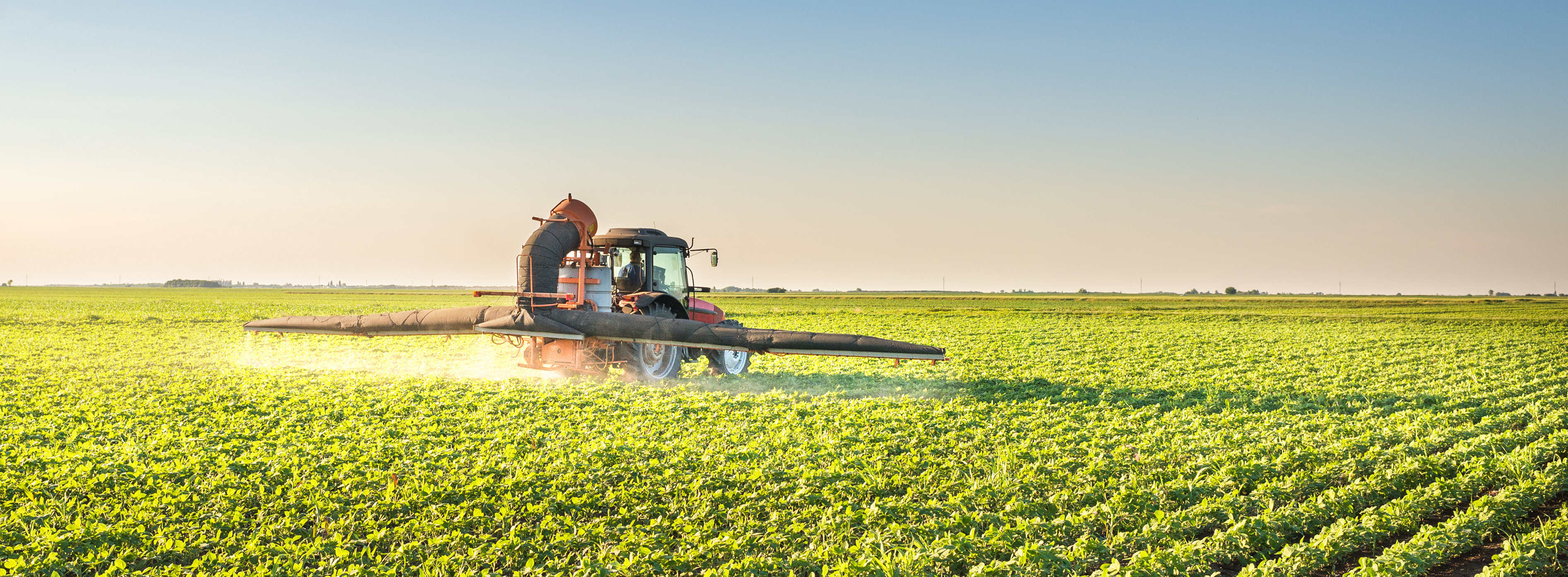In today’s talking points: Beef producers monitor selenium levels; Yum China posts flat same-store sales in maiden report; PwC launches food safety assurance service for exporters looking to target Asia markets; a2 milk company growth driven by demand for baby formula.
Beef producers monitor selenium levels
Beef producers expecting to make the most return of cattle should pay more attention to the elements that they need.The trials regarding the supplementation of selenium have been promising. A great number of production benefits increased because of the improvement of fertility. Several situations have been shown that there could be element deficiencies, such as the abundant rain, extra pasture growth and other factors. Selenium is necessary in cattle for normal growth and fertility and is also helpful to prevent some diseases in lambs. It is worthwhile doing the trial in a good season especially in the area, which is likely to have the elements deficiencies, but one crucial point is that some drenches may cause the toxic rate.
Read more at Farm weekly
Yum China posts flat same-store sales in maiden report
Fast-food giant Yum China reported flat same-store sales as well as the falling revenue in its maiden quarterly report. It is a tough time for the operator of the KFC and Pizza Hut chains over the last five years. Growing local completion and several food safety scandals may explain parts of it. Even though they tried their best to make localization menus and add fancy features, it is still not easy for them to boom again.In order to make its operations more flexible, Yum’s U.S. used different strategies and introduced more investors. McDonald’s also took action to adjust the business in China. According to Yum China Holdings Inc, Fourth-quarter revenue fell 3% to just under $2 billion. It posted a small profit of $88 million, reversing a $29 million loss from the previous year and also announced a $300 million share repurchase program just three months after formally separating from its U.S.-based parent, Yum Brands. The company currently operates 7,500 restaurants in China, about 70% of those KFCs, which makes it the market’s biggest operator.
Read more at Caixin
PwC launches food safety assurance service for exporters looking to target Asia markets
PricewaterhouseCoopers (PwC) – a major multinational services network – launched a new food safety assurance service to advise Australian firms for agribusiness targeting the biggest export markets in Asia. As an International Organisation for Standardisation (ISO) service provider, they will advise clients in complying with ISO standards, and offer auditor training and certification. The new team in specialist food and agribusiness has highlighted the need for food security, safety and quality. PwC assurance partner, Peter Buchholz has said that more clients are looking to a service provider who not only has knowledge about their business, but can supply information about standards for Australian products in the largest markets in Asia. For Australian providers of dairy products, China remains the second biggest export market.
Read more at The Australian
a2 milk company growth driven by demand for baby formula
More and more Chinese consumers are buying a2 milk products. The demand for baby formula has seen significant growth with a bigger profit in 6 months than the last financial year. The net profit of the A2 Corporation – a New Zealand company – from mid year to Dec 31 was $NZ39.4 mil ($A36.9 mil). This is comparable to the same period in the previous year where profit was at $NZ10.1 mil and NZ $30.4 mil profit in the 2015/16 financial year. Strong markets in Australia, China and New Zealand and in particular, demand for the a2 Platinum milk formula have predominantly contributed to this growth. Revenue in China has quadrupled from the previous year and increased by 62 percent in Australia. Additionally, growth was seen in the U.K. and distribution was expanded to the U.S.
Read more at SBS


